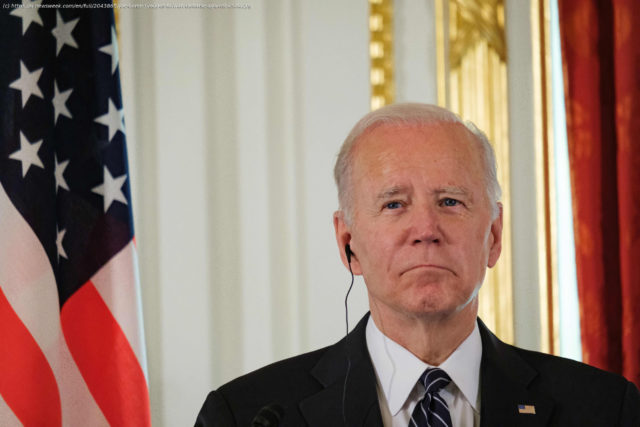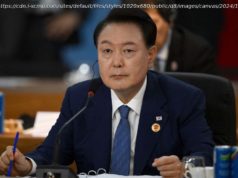A day earlier, the president seemed to pledge a military defense of Taiwan which broke with four decades of deliberate uncertainty about an American response.
The deliberately vague U.S. position on its willingness to defend Taiwan isn’t gone, Joe Biden told reporters on Tuesday, 24 hours after pledging a military intervention if the democratic island were to be attacked by China. The president answered «no» when asked in Tokyo whether his calmly spoken commitment to defend Taiwan had broken the policy known as «strategic ambiguity», which for more than 40 years has seen past presidents and officials purposely skate around the question of possibly deploying American forces to the Taiwan Strait.
«The policy has not changed at all. I stated that when I made my statement yesterday», Biden said, according to reporters covering the final day of the first Asia tour of his presidency. The policy Biden referenced on Monday was the U.S.’s «one China» policy, which recognizes the legitimacy of the Chinese government in Beijing, but acknowledges—rather than recognizes or accepts—the position that Taiwan is part of China. Among the policy’s elements is the Taiwan Relations Act of 1979, which requires Washington to sell Taipei arms of a defensive character so the island can maintain a credible deterrent against Beijing. The law, which Biden supported in his days as a senator, also requires the U.S. to maintain its own military capacities in the region, so as to prevent any attempts to alter by force what is known today as the «status quo» across the Taiwan Strait. Crucially, the «one China» policy, which has been around since the 1970s, doesn’t include a concrete commitment to defend Taiwan in the event of Chinese aggression, unlike Article 5 obligations under NATO or other bilateral defense treaties. Washington’s deliberate policy has been not to rule out U.S. military intervention either—hence the strategic ambiguity. It’s why the president turned heads and reportedly surprised a few of his own officials when, standing next to Prime Minister Fumio Kishida of Japan, he answered «yes» when asked whether he would intervene militarily.






